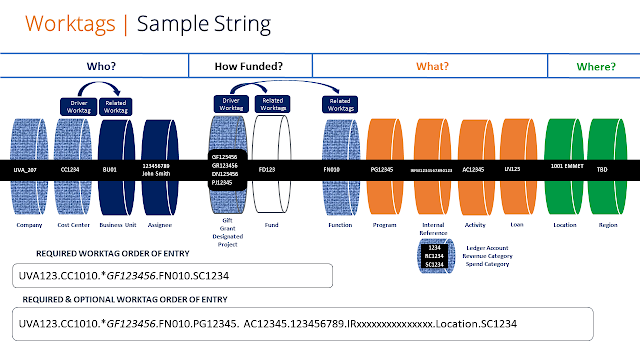Customer Confirmation Sessions, Round 2
Customer Confirmation sessions wrapped up earlier this month. At the end of each session, participants were asked to complete a survey to gauge their satisfaction – overall, 91% were satisfied or extremely satisfied, while 8% were noncommittal, and 1% were dissatisfied. The FST team is already incorporating attendees’ feedback from these sessions as work starts on the next build.
Related News:
- See slides and pre-read materials from the sessions in the Online Community
- Read more on CCS2 and see what's next
- Check out what's new on the FST website in Workday Words and FAQs
FDM/Chart of Accounts
As we near the year-out threshold from Workday Financials go live on July 1, 2022, our future Foundation Data Model, or FDM, is solidifying. Schools and units are preparing for mapping, and the FST team is preparing workshops and office hours to help schools and units do the mapping.
Check out this video from AVP of Finance Augie Maurelli, where he gives us a bit of a “level
set” on the FDM work leading up to this really important time of work.
Maurelli has also written a Workflow Controls and Approvals update that you can find in this week’s blog digest. In this post, he talks about our quest to get front end approvals, what’s happening with Recon@, and the proposed way UVA might handle real-time approval of transactions in the future state, through the addition of a few specific roles.
- Transformations in Progress: From improving payment processing and procurement marketplace access to Optical Character recognition for invoices and workflow controls, there are lots of transformations in progress.
- UVAFinance/FST Website Reorganization: This summer and early fall, you may notice a difference in how the VP Finance site and the FST site are organized. We’re reorganizing the content of all the Finance sites into a single site that’s more focused on you as a stakeholder. This website redesign is another one of those “transformations in progress"! Read more.


























